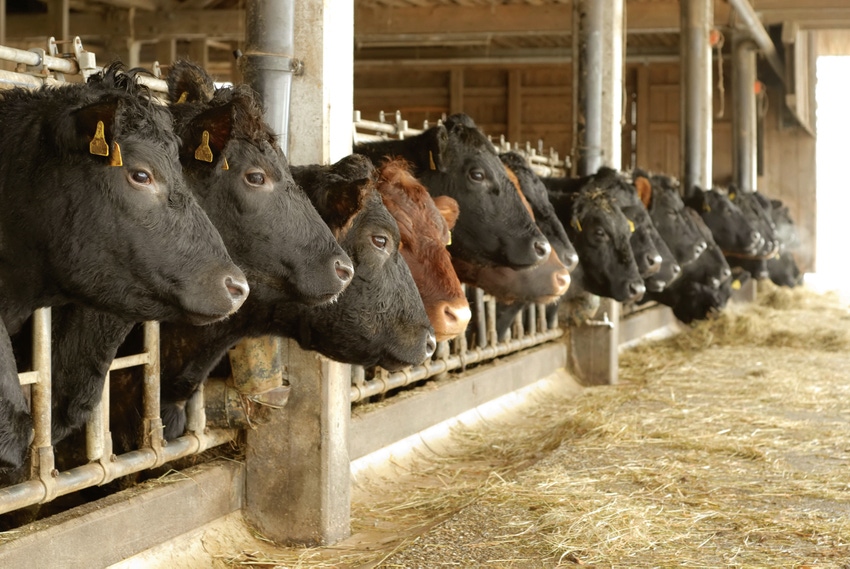Lallemand, Dendris partner to advance precision feeding for ruminants
Research and development partnership will focus on developing a functional biochip to study ruminant microbial fibrolytic activity.
December 12, 2019

Lallemand Animal Nutrition announced that it has entered into a research and development partnership with the France-based biotech firm Dendris.
According to the announcement, the partnership will focus on developing a monitoring tool to characterize microbial fibrolytic activity in the ruminant digestive tract. The objective of this new tool is to evaluate the effect of nutritional interventions, including probiotic supplementation, on the functional activity of the digestive microbiota, Lallemand said.
This research tool will help advance precision feeding for ruminants and help in the development of diet formulations or new feed additives aimed at maximizing energy released from fiber degradation, the company added.
“Following an initial phase of prototype development in collaboration with the MEDIS team from INRA and Clermont Auvergne University — during which we selected about 400 key microbial genes involved in fiber digestion — we have pinpointed 60 significant genes, which are our biomarkers of cellulose and hemicellulose degradation," Dr. Frédérique Chaucheyras-Durand, who is leading the project for Lallemand Animal Nutrition, explained.
"We are now entering a new and exciting phase with Dendris to design a simplified functional biochip to more quickly evaluate the expression of these biomarkers in ruminant digesta," Chaucheyras-Durand said. "As we are gaining a better understanding of the ruminant microbiota, this new tool will help us evaluate the effect of different dietary conditions, for instance the supply of feed additives, on key functions of this microbiota.”
She added that Lallemand “selected Dendris as a partner ... based on their strong expertise in biochip design. The company has unique a technology platform, DendrisChip, which offers the highest sensitivity on the market.”
Lallemand explained that there is a growing scientific interest for -OMICS methodologies that allow researchers to decipher complex microbiota diversity and genetic potential. Among these methods, high-throughput DNA sequencing techniques generate millions of gene sequences within a microbial community. However, DNA sequencing does not provide insight into the functions at play in a given situation, Lallemand said.
By assessing RNA, meta-transcriptomics looks at the actual level of expression of all the genes. The technique generates millions of data points, which require specific bioinformatics tools, manpower and time to interpret, the company said. On the other hand, targeted transcriptomics focus on a very limited number of genes from microbial key players and linked to a particular function of interest.
Once a functional biochip is designed, it allows one to easily evaluate the level of expression of the targeted genes, Lallemand said.
Lallemand Animal Nutrition develops, produces and markets high-value yeast and bacteria products -- including probiotics, silage inoculants and yeast derivatives.
You May Also Like



